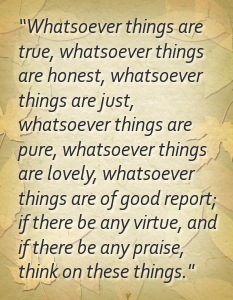Approaching the King: A Parable

Once upon a time there reigned a powerful, brave, and noble king. As an intrepid warrior he had freed the subjects of his realm from the tyrannical rule of an invading monarch. Reigning now with integrity and compassion, the good king secured peace for his subjects and with tireless self-sacrifice provided everything necessary for their prosperity. The domain flourished under his faithful rule. Needless to say, his subjects highly esteemed their king.
One day several village children naively decided to journey to the king’s palace in order to pay him a visit. With childish enthusiasm they began to plan their grand expedition. When the discussion turned to how they should present themselves to their liege, they realized they knew nothing of the protocol for approaching a king at court. Everyone had a different idea, and they began to argue among themselves as to whose approach was the right one.
An older girl from the village happened upon the chaotic scene. She scolded each of the children for claiming his or her opinion was the truth. They needed to respect one another’s viewpoint, she explained. “Each of you is free to form your own opinions on how to approach the king, but you simply cannot insist that everyone else must accept your approach as the only way. If you approach the king with respect and sincerity,” she assured the children, “he will gladly welcome each of you on your terms.”
Heeding the girl’s sage advice, the children embarked on their journey. They were all content to hold their subjective opinions and were pleased to extend to each of the other children in the group the freedom to devise his or her unique approach to the king. Ironically, the children never thought to investigate what the king himself thought about the matter.

 The following is an excerpt from a series of essays entitled “Towards Conservative Christian Church” (parts 17 and 18). The series continues at
The following is an excerpt from a series of essays entitled “Towards Conservative Christian Church” (parts 17 and 18). The series continues at 
Discussion